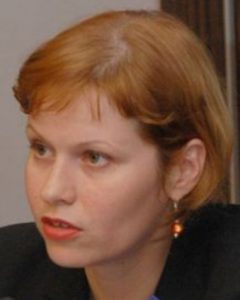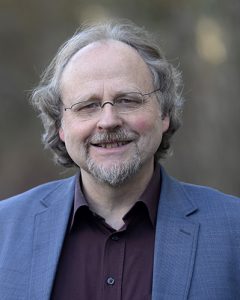2020 ICLRS Symposium: Renata Uitz’s Speech
 Renáta Uitz is Professor and Chair (Director) of the Comparative Constitutional Law at the Central European University
Renáta Uitz is Professor and Chair (Director) of the Comparative Constitutional Law at the Central European University
In addition to the theme of “Rights and Responsibilities,” the 2020 ICLRS Symposium gave tribute to W. Cole Durham, Jr., founder of ICLRS. Professor Uitz’s remarks were part of that tribute.
I have known Cole Durham for almost two decades. First, I met him in the classroom at Central European University that was still in Budapest. Over the years, we spent a lot of time together at conferences and workshops. And I also had the utmost privilege of seeing him interact with national and international civil servants who were preparing to draft or redraft legislation on church/state relations. I learned a lot from Cole over these years. More importantly, I learned an equally great deal from watching him interact with civil servants, activists, church leaders, and especially watch him when his audience did not want to hear what he said. The lessons I take away from these experiences are applicable amidst crises and across divides. They are, of course, relevant for issues of law and religion, but they are especially instructive for any work on resilience and resistance strategies at an age when illiberal and populist political actors are steadily on the rise. These political actors very often instrumentalize religion to sow the seeds of distrust and discord against minorities, and they use the law very often to demonize and stigmatize others, including religious minorities. Cole’s work allows us to study the law and the workings of the law in comparative perspectives. His work teaches us that we should focus not on a single event, no matter how dramatic or spectacular, but put legal rules into a broader context making sure that we understand the larger trends.


